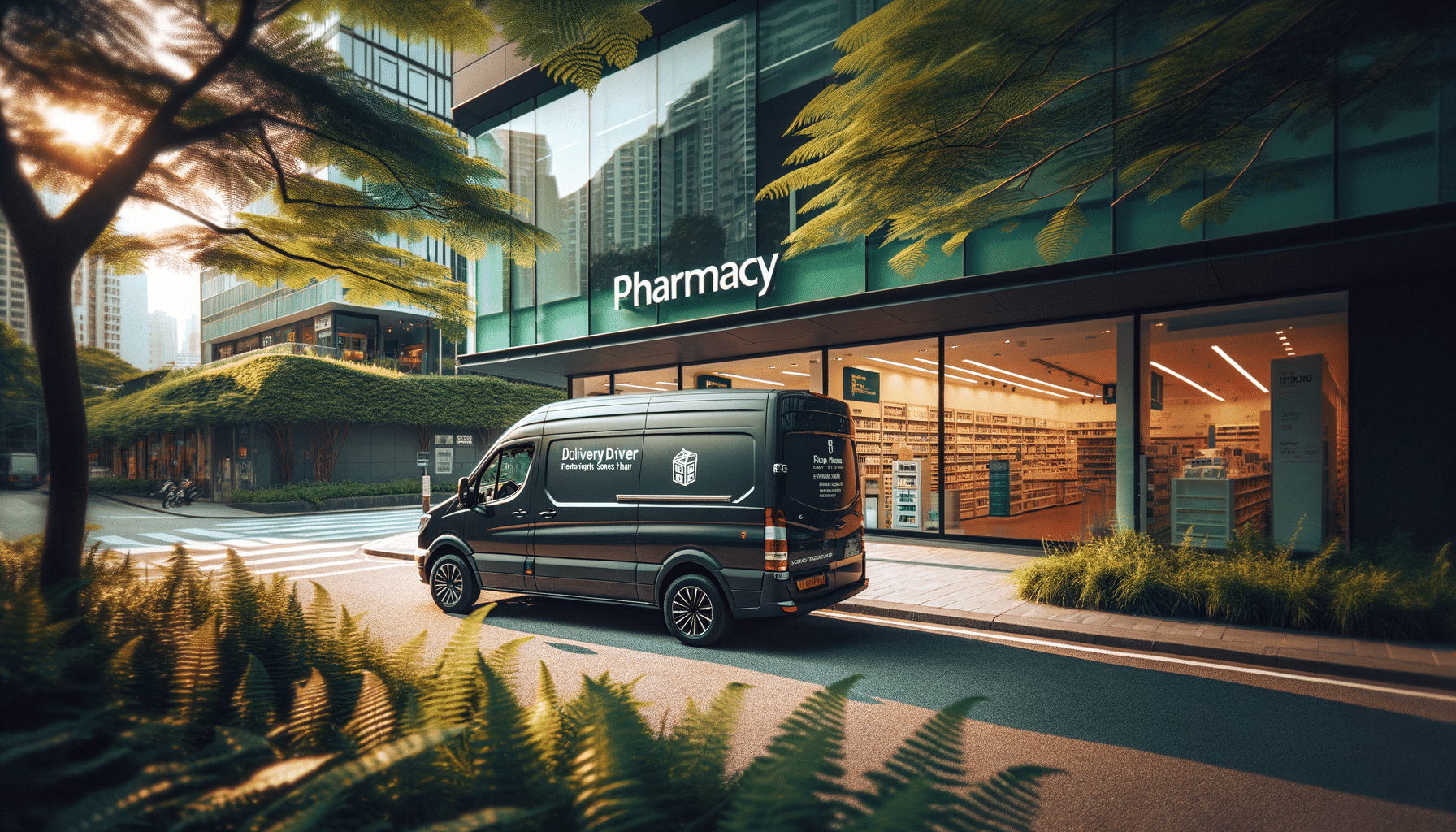
How to Become a Medicine Delivery Driver
Introduction to Medicine Delivery Driving
Medicine delivery drivers play a crucial role in healthcare by ensuring that prescriptions and medical supplies reach those who need them most. As the world continues to shift towards more convenient healthcare solutions, the demand for reliable medicine delivery drivers has significantly increased. This occupation not only requires excellent driving skills but also a keen understanding of logistics and time management.
The responsibilities of a medicine delivery driver are multifaceted. They must ensure the safe and timely transportation of medications from pharmacies to homes, clinics, or care facilities. This involves meticulous route planning, adherence to safe handling practices, and coordination to meet time-sensitive deliveries. As healthcare systems evolve, the role of medicine delivery drivers becomes even more indispensable, providing a lifeline to individuals who rely on timely access to medications.
Essential Skills and Qualifications
To become a medicine delivery driver, certain skills and qualifications are fundamental. Firstly, a valid driver’s license and a clean driving record are essential. Employers often look for individuals who have demonstrated reliability and responsibility on the road.
In addition to driving credentials, good organizational skills are vital. Drivers must manage their schedules efficiently, ensuring all deliveries are completed within specified timeframes. This often requires familiarity with GPS systems and the ability to adapt to changing traffic conditions.
Moreover, medicine delivery drivers should possess excellent communication skills. They interact with pharmacy staff and customers regularly, requiring clear and courteous communication. Understanding basic medical terms and handling confidential information with discretion is also crucial.
Lastly, some employers may require a background check and drug screening to ensure the safety and integrity of their service. For those looking to enter this profession, gaining experience in customer service and logistics can be advantageous.
Challenges and Solutions in Medicine Delivery
While the role of a medicine delivery driver is rewarding, it comes with its own set of challenges. One of the primary challenges is navigating traffic and weather conditions, which can significantly impact delivery times. To manage this, drivers often rely on technology, such as real-time traffic updates and weather forecasting apps, to plan their routes effectively.
Another challenge is maintaining the integrity and safety of medications during transit. This requires knowledge of proper storage conditions and the ability to handle medications carefully to prevent damage or contamination. Some drivers may need to use temperature-controlled vehicles or containers to ensure sensitive medications remain effective.
Time management is another critical aspect. With multiple deliveries in a day, drivers must adhere to strict schedules to ensure timely delivery. Developing efficient route plans and using time management tools can help in overcoming this hurdle.
Finally, dealing with diverse customer needs and expectations can be challenging. Drivers must be adaptable and patient, providing excellent service even in stressful situations. Continuous training and feedback can aid drivers in enhancing their skills and improving customer satisfaction.
The Future of Medicine Delivery Services
The future of medicine delivery services looks promising, with technological advancements paving the way for more efficient and reliable delivery systems. Automation and artificial intelligence are expected to play significant roles in optimizing delivery routes and managing inventory.
Moreover, the integration of drones and autonomous vehicles could revolutionize the industry by reducing delivery times and costs. These innovations are particularly beneficial in rural or hard-to-reach areas where traditional delivery methods are less feasible.
Additionally, the growing trend of telemedicine and online pharmacies will likely increase the demand for medicine delivery drivers. As more people opt for virtual healthcare consultations, the need for seamless delivery of prescriptions will become even more critical.
In conclusion, while the role of medicine delivery drivers is evolving, the core aspect of providing timely and safe delivery remains unchanged. As technology continues to advance, drivers will need to adapt and embrace new tools to maintain efficiency and meet the rising demand in the healthcare sector.
Conclusion: Embracing the Role of Medicine Delivery Drivers
Medicine delivery drivers are integral to the healthcare supply chain, ensuring that patients receive their medications promptly and safely. The role demands a unique blend of skills, including efficient driving, time management, and excellent customer service.
For those considering a career as a medicine delivery driver, understanding the responsibilities and challenges is crucial. With the right qualifications and a commitment to providing exceptional service, individuals can thrive in this vital role.
As the healthcare industry continues to evolve, the importance of reliable medicine delivery services will only grow. Embracing technology and continuous learning will enable drivers to meet future demands and contribute positively to healthcare delivery.
In summary, becoming a medicine delivery driver offers a fulfilling career path for those passionate about making a difference in people’s lives. By ensuring the timely delivery of medications, drivers play a pivotal role in enhancing the overall healthcare experience.


